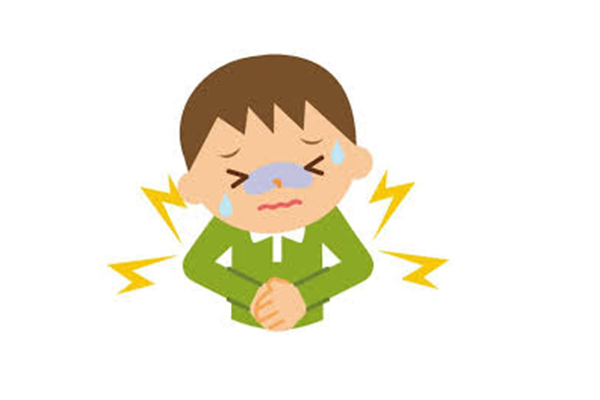It is known to us that people all suffer from pain in their daily life in one way or another. However, a vast majority of people are unknown about the factors that may influence pain. As a matter of fact, pain will be influenced by psychological, cognitive or situational factors, which will be elaborated on in the below.
According to Chapman & Okifuji (2004), there are 3 main cognitive/ psychological factors that will influence pain and they are respectively attention, expectations and appraisals. Attention will influence pain because people pay attention to pain so that they will notify it in the due time. Also, expectations will influence pain lies in that people expect pain to happen so that they experience pain in advance. Appraisals will influence pain because the process of appraisal is right the process for people to experience pain. There is no doubt that all these three factors will influence pain in their own respective way and the joint efforts of all these three factors will influence pain to a large extent.
At the same time, situational factors might include learning, partner or significant other, family/cultural factors, information provided by healthcare professionals, and workplace/compensation (Bustan, 2018). In this sense, it can be readily detected that the situational factors tend to be situations-related.
To sum up, a reasonable conclusion can be drawn that pain will really be influenced by psychological, cognitive or situational factors, all of which have to be emphasized in order that people can get themselves rid of pain to the utmost.
References
Bustan, S. (2018). Psychological, cognitive factors and contextual influences in pain and pain-related suffering as revealed by a combined qualitative and quantitative assessment approach. Predictors of pain-related suffering.
Chapman C R & Okifuji, A. (2004). Pain: Basic mechanisms and conscious experience. In: Psychological aspects of pain: a handbook for healthcare providers. ISAP Press, Seattle.

